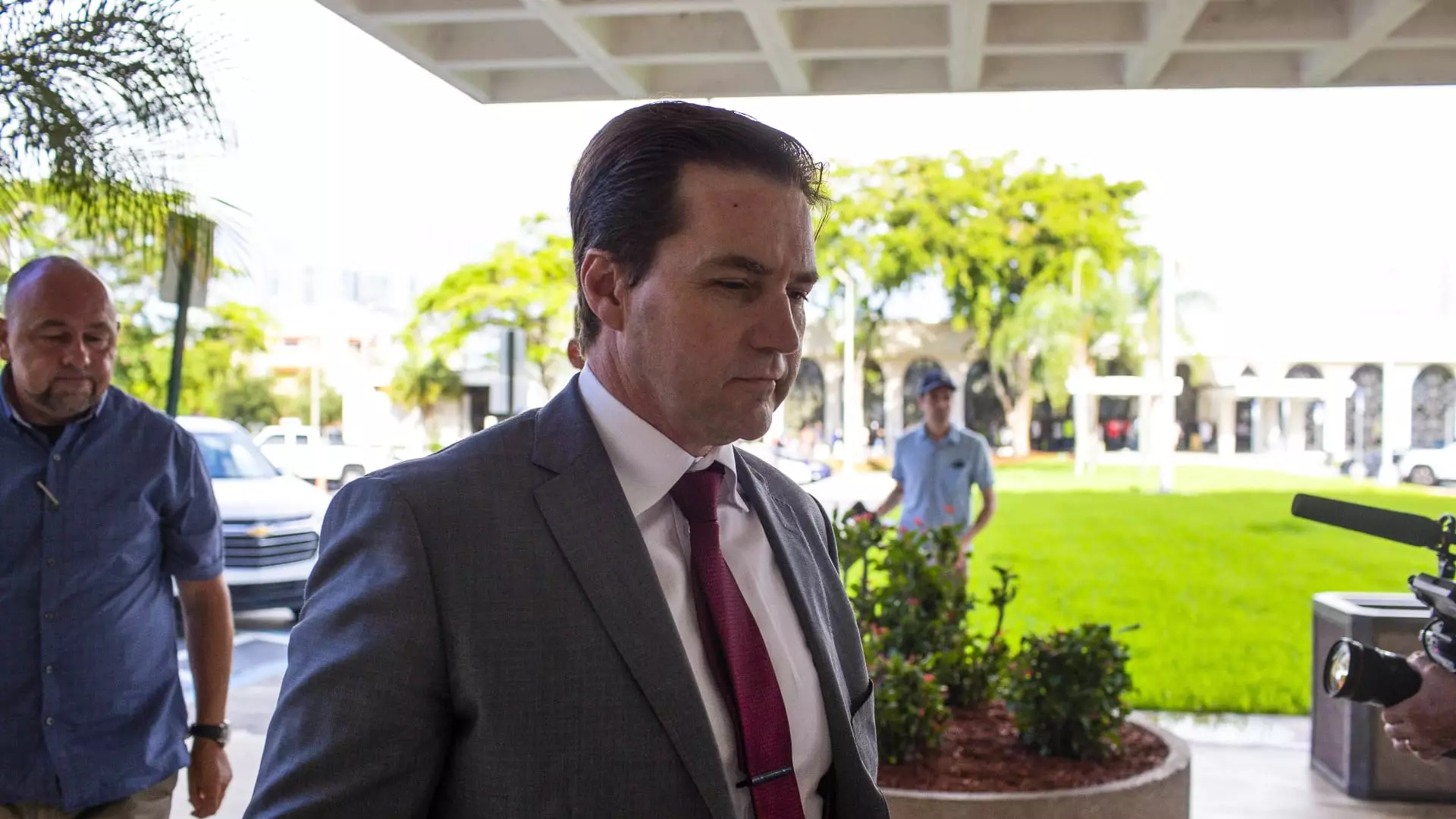Craig Wright, an Australian individual, has found himself in hot water after claiming to be the mastermind behind the creation of bitcoin. However, his credibility has been called into question as British High Court Judge James Mellor has referred his case to the Crown Prosecution Service. Mellor believes that Wright may have committed perjury and forgery of documents in his attempts to prove his association with the invention of bitcoin. This raises doubts about the legitimacy of Wright’s claims and puts his reputation on the line.
The Crown Prosecution Service will now have to deliberate on whether Wright should face criminal prosecution for his alleged actions. Mellor’s scathing remarks about “wholescale perjury and forgery of documents” indicate the seriousness of the situation. It is possible that a warrant for Wright’s arrest and potential extradition may be issued if the CPS deems it necessary. This turn of events sheds light on the legal ramifications of making false claims and manipulating evidence to support them.
Wright’s attempts to establish himself as the original creator of bitcoin have been met with skepticism and scrutiny. Judge Mellor’s ruling that Wright engaged in the forgery of documents “on a grand scale” reveals the extent to which he went to fabricate his connection to bitcoin. By trying to present counterfeit evidence in court and pushing his narrative in multiple countries, Wright has been accused of abusing the judicial process. This highlights the dangers of deceitful practices and the severe consequences that can follow.
The case of Craig Wright serves as a cautionary tale about the perils of dishonesty and misrepresentation. Attempting to claim credit for someone else’s work through deceitful means can lead to legal trouble and damage one’s reputation irreparably. Wright’s downfall should serve as a reminder that integrity and honesty are crucial in any endeavor, especially when it comes to making claims about significant intellectual property. The repercussions of his alleged actions underscore the importance of transparency and authenticity in the digital age.
Craig Wright’s alleged perjury case is a stark reminder of the consequences of deception and fraud in the legal system. His misguided attempts to assert himself as the inventor of bitcoin have backfired, leading to potential criminal charges and a tarnished reputation. This cautionary tale should serve as a warning to others about the dangers of falsifying evidence and making false claims. It is a reminder that the truth will always come to light, and honesty is the best policy in any situation.


Leave a Reply